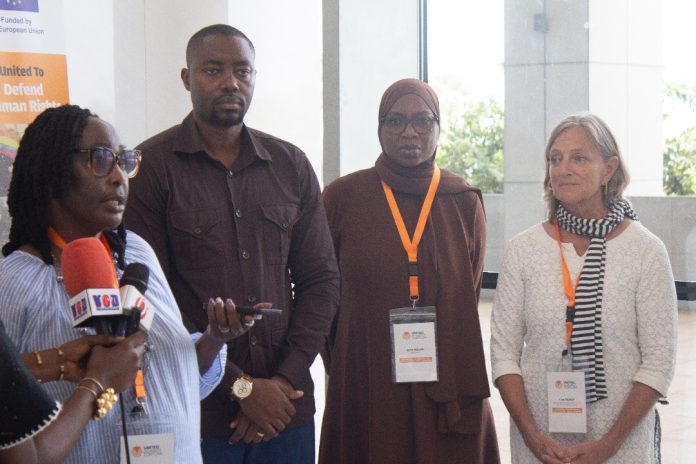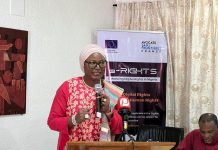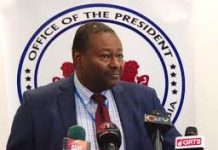By Nelson Manneh
Leading human rights organizations and advocates from across Africa gathered in Banjul this week to develop strategies to combat torture, just days before the opening of the 85th Ordinary Session of the African Commission on Human and Peoples’ Rights (ACHPR).
The two-day regional meeting, held on October 15–16, 2025, was organized by the United Against Torture Consortium (UATC) and brought together 45 participants representing 16 countries. The event served as a vital platform for coordinating anti-torture initiatives, reviewing progress, and preparing advocacy plans ahead of the ACHPR session.
Participants adopted a holistic approach to addressing torture, focusing on prevention, monitoring, documentation, and providing comprehensive support to survivors. The meeting also emphasized the importance of enhanced collaboration with Gambian authorities, calling for the full implementation of the 2023 Prevention Against Torture Act and the ratification of the Optional Protocol to the Convention Against Torture (OPCAT).
This proactive engagement by civil society comes ahead of the NGO Forum (October 17–19) and the official public session of the ACHPR (October 21–30), where anti-torture advocacy is expected to continue. The UATC, which has been funded by the European Union since 2023, aims to reinforce coordinated efforts across the continent to eradicate torture, promote accountability, and provide holistic support for survivors.
The Banjul meeting was marked by strategic dialogue, sharing of best practices, and assessment of progress since the UATC’s inception. Key topics included effective torture prevention, improved monitoring and documentation, accountability measures, and survivor engagement, especially in high-risk contexts such as protests.
Marie Salphati, a UATC representative, expressed her gratitude to local partners: “We are grateful for the support of our local partners ANKED and the Women’s Association for Victims’ Empowerment, whose collaboration made this gathering possible. Civil society across the continent must continue to unite, share strategies, and stand in solidarity against torture.”
On the sidelines of the meeting, UATC and its partners reiterated the need for ongoing cooperation with Gambian authorities to fully implement anti-torture legislation and support survivors. They further urged the ratification of OPCAT and called for accountability for perpetrators.
In his opening remarks, Raphael Brigandi, Deputy Head of the EU Delegation in The Gambia, highlighted the significance of the consortium’s work: “Your work—representatives of civil society, National Human Rights Institutions, and members of National Preventive Mechanisms—is of key importance. The Consortium’s holistic approach and its ability to engage with anti-torture actors worldwide, as reflected in this meeting, ensure both a local and global impact.”
As the ACHPR session approaches, African civil society remains steadfast in its commitment to eradicating torture and upholding human rights across the continent.



















